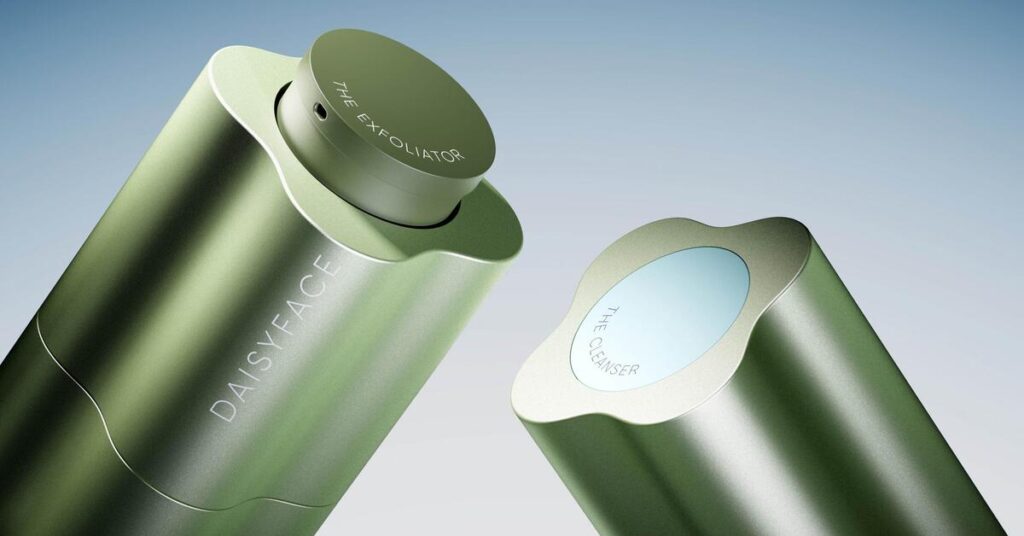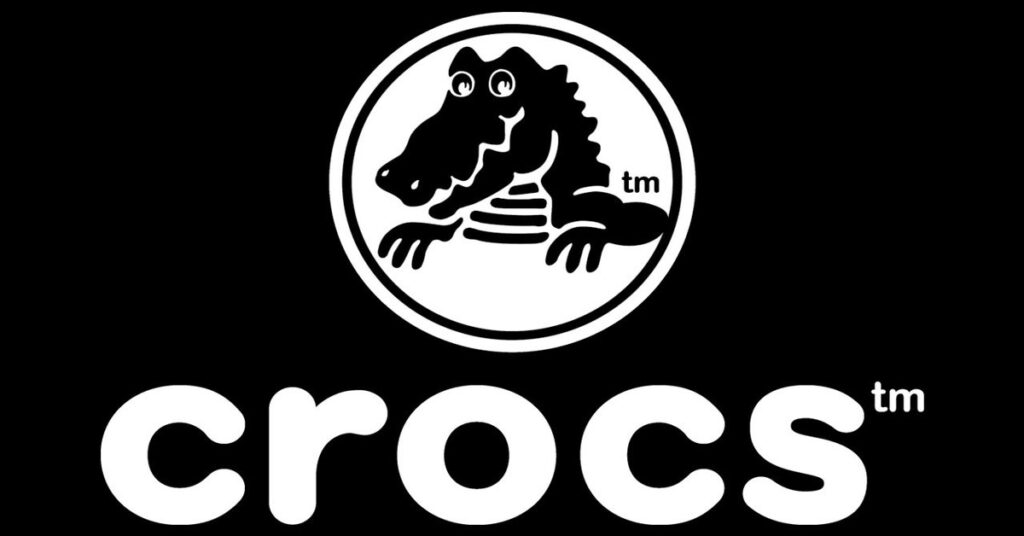Emirates has committed $200 Million to fund research and development (R&D) projects as part of its sustainable efforts to reduce the impact of fossil fuels in commercial aviation. The fund would be disbursed over three years. This is the biggest single commitment by any airline to sustainability.
Tim Clark, president of Emirates Airlines, said the $200 million fund is earmarked for R&D, and not for operating costs like the purchase of Sustainable Aviation Fuel (SAF) or carbon offsets to tick regulatory boxes. “We are ring-fencing $200 mn to invest in advanced fuel and energy solutions for aviation, which is where airlines currently face the biggest impediment in reducing our environmental impact. We looked long and hard at the reality we face in commercial aircraft and engine technology, the fuel supply chain, and our industry’s regulatory and eco-system requirements. It’s clear that with the current pathways available to airlines in terms of emissions reductions, our industry won’t be able to hit net zero targets in the prescribed timeline.”

Emirates believes the industry needs better solutions. As such, the UAE carrier wants to partner with leading organizations on R&D. It aims to contribute meaningfully to practical solutions for the long-term sustainability of commercial aviation. Clark explained that until viable solutions can be found, Emirates will continue to implement environmentally responsible practices throughout its business, including uplifting SAF where feasible, ensuring efficient fleet operations, and inducting modern aircraft into the fleet.
The airline’s commitment to sustainability focuses on emissions, reduction, responsible consumption, and the conservation of wildlife and habitats. Emirates conducted a test flight in January with 100 percent SAF in one engine of a B777-300ER. The flight was conducted in partnership with GE Aerospace, Boeing, Honeywell, Neste and Virent, took off from Dubai International Airport (DXB), and flew for more than one hour over the Dubai coastline.

Furthermore, Emirates has a comprehensive fuel efficiency program that actively engages in operational programs to reduce unnecessary fuel burn and emissions. It also introduced fuel-efficient practices while the aircraft is on the ground, such as the use of ground power units instead of the aircraft Auxiliary Power Unit (APU) and switching one or two engines off while taxing in after landing.
Also Read: Fossil Introduces New Series of Star Wars-themed Watches



